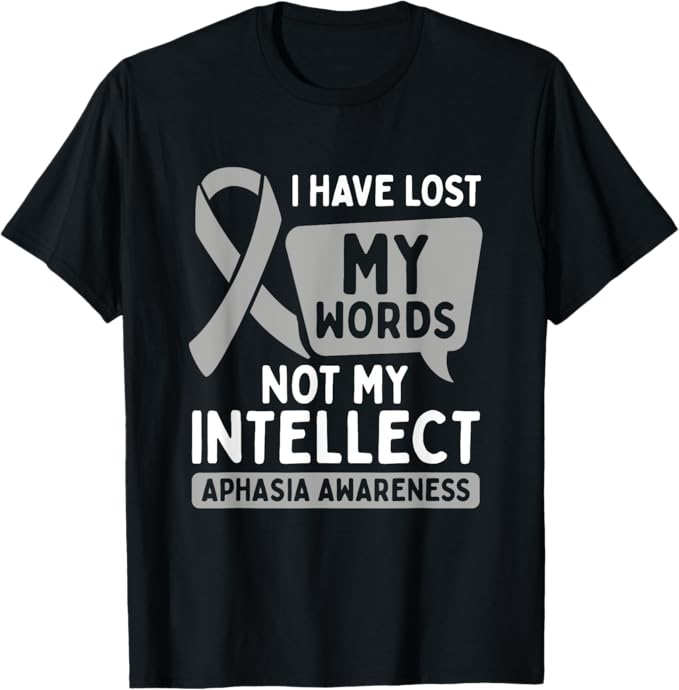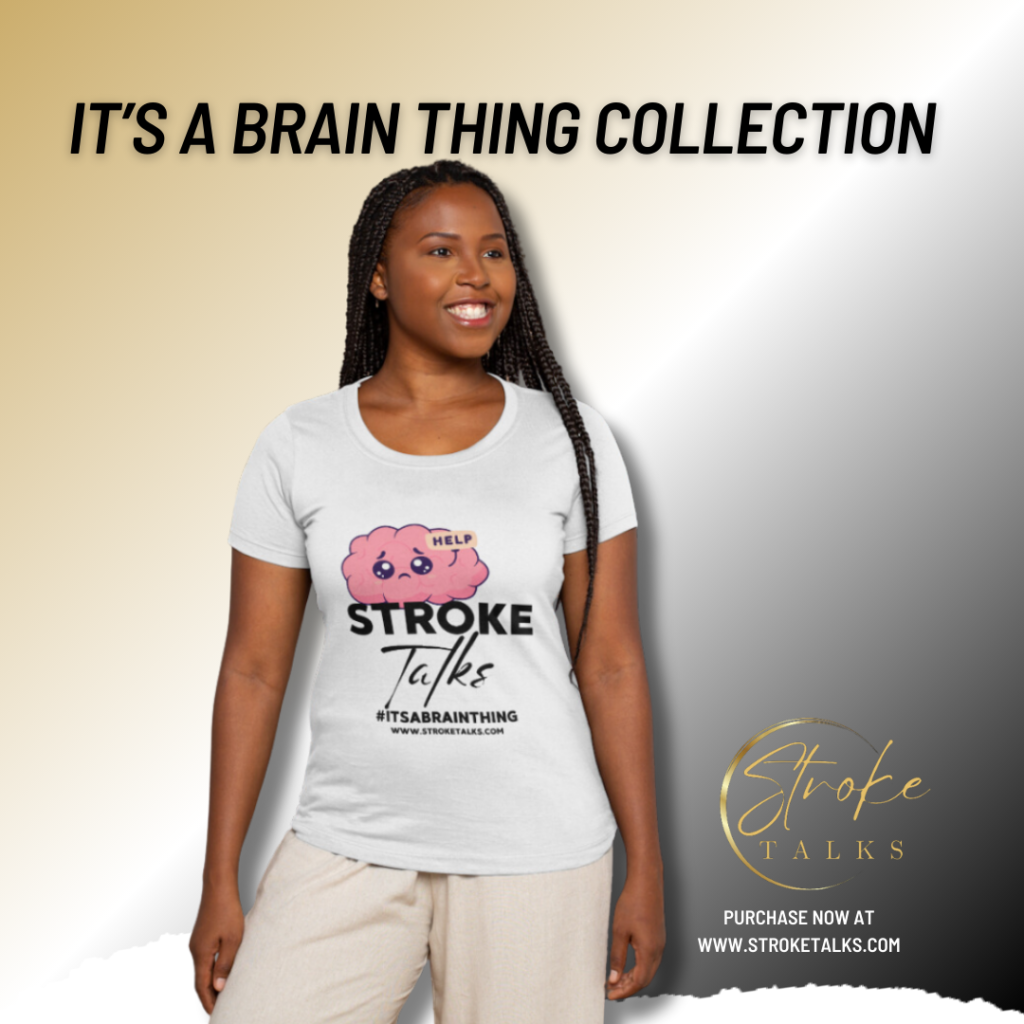Imagine waking up one day, knowing exactly what you want to say, but the words just won’t come out. Or maybe you say something, but it’s not what you meant at all. That’s aphasia, a frustrating communication disorder that many stroke survivors face.
Aphasia doesn’t affect one’s intelligence. It affects language. Some people struggle to speak, others have trouble understanding words, and for many, reading and writing also become challenging. It all depends on where the stroke occurred in the brain.
Why Does Aphasia Happen?
When a stroke damages the part of the brain that controls language (usually the left hemisphere), aphasia can occur. It doesn’t just affect how someone talks. It can make understanding and processing words difficult too.
Some common types of aphasia include:
Expressive Aphasia – You know what you want to say but can’t find the words.
Receptive Aphasia – You hear words, but they don’t make sense.
Global Aphasia – A severe form where both speaking and understanding are affected.
How Can You Support Someone with Aphasia?
Talking with a stroke survivor who has aphasia requires patience and understanding. Here are some ways to help:
Give them time – Rushing or finishing their sentences can make things worse.
Use simple language – Short, clear sentences are easier to process.
Use gestures or visuals – Sometimes pointing or writing things down helps.
Encourage, don’t correct – The message matters more than perfection.
Aphasia can be isolating, but support and therapy can improve communication over time. Speech therapy, technology, and support groups can all make a huge difference.
Resources for Stroke Survivors and Caregivers
If you or a loved one is dealing with aphasia, check out these helpful resources:
National Aphasia Association – Education, support, and community resources.
American Stroke Association – Stroke recovery information and support networks

Help Spread Awareness
Aphasia is more common than people think, yet many have never heard of it. Sharing knowledge can help stroke survivors feel understood and supported.
Want to help? Watch and share our video. And/or Buy Me A Coffee to help continue our mission to help save lives.
Every conversation matters. #KnowTheSignsSaveALife

